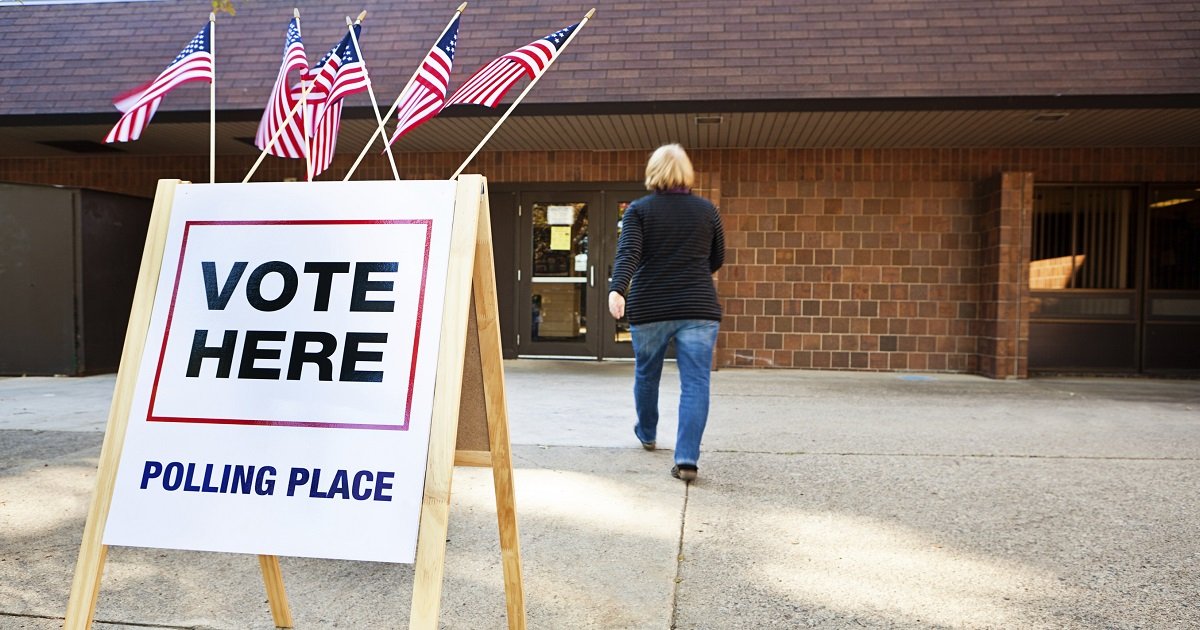There is often discussion about America’s lukewarm relationship to the vote, but residents in a small town in Iowa took that discussion to a new extreme when not a single resident showed up to vote in a local special election on Tuesday.
Residents in McIntire, Iowa were given a special election in order to determine whether the terms of local elected officials might be extended. On the ballot was two questions: should the mayor’s term be extended from two years to four, and should the terms of council members see the same?
Apparently the town’s 70 registered voters couldn’t give a damn, and none showed up to cast a ballot on Tuesday. Though the town’s population is incredibly small, an auditor for the county says they have never seen an election go by without a single vote.
“This is definitely a first.”
Likely, architects of the ballot will not be quite sure what to do at this point. If no one voted for or against the measures, do they pass or fail? For a possible answer, we can look at an article from Vice which explored what would happen if no one voted in a national presidential election. As they discovered, there are safety nets in place to deal with such an impossible occurrence.
“So how would states pick electors in the absence of votes? Article II, Section 1 of the Constitution says that electors are appointed “in such manner as the Legislature thereof may direct”—in other words, they have some latitude in picking these guys. If there were zero votes in a presidential election, the race would essentially be a tie, and according to Berg-Andersson, state-election authorities “would have to turn to the tie-breaking methods that are either statutorily established, or established by custom.”
From here, things get tricky. How would a state enforce a tie-break? Coin toss? pulling a name from a hat? There really is no precedent here. In this way, the special election in Iowa may be decided through a tie-breaking measure from the state or local legislature.
The lack of electoral involvement at such a low level is just a continuation of a national trend. Thanks to uninspiring candidates, regressive voter ID laws and other restrictions, and a general feeling that voting doesn’t affect anything, a large swath of Americans continually check themselves out of their constitutional right.

